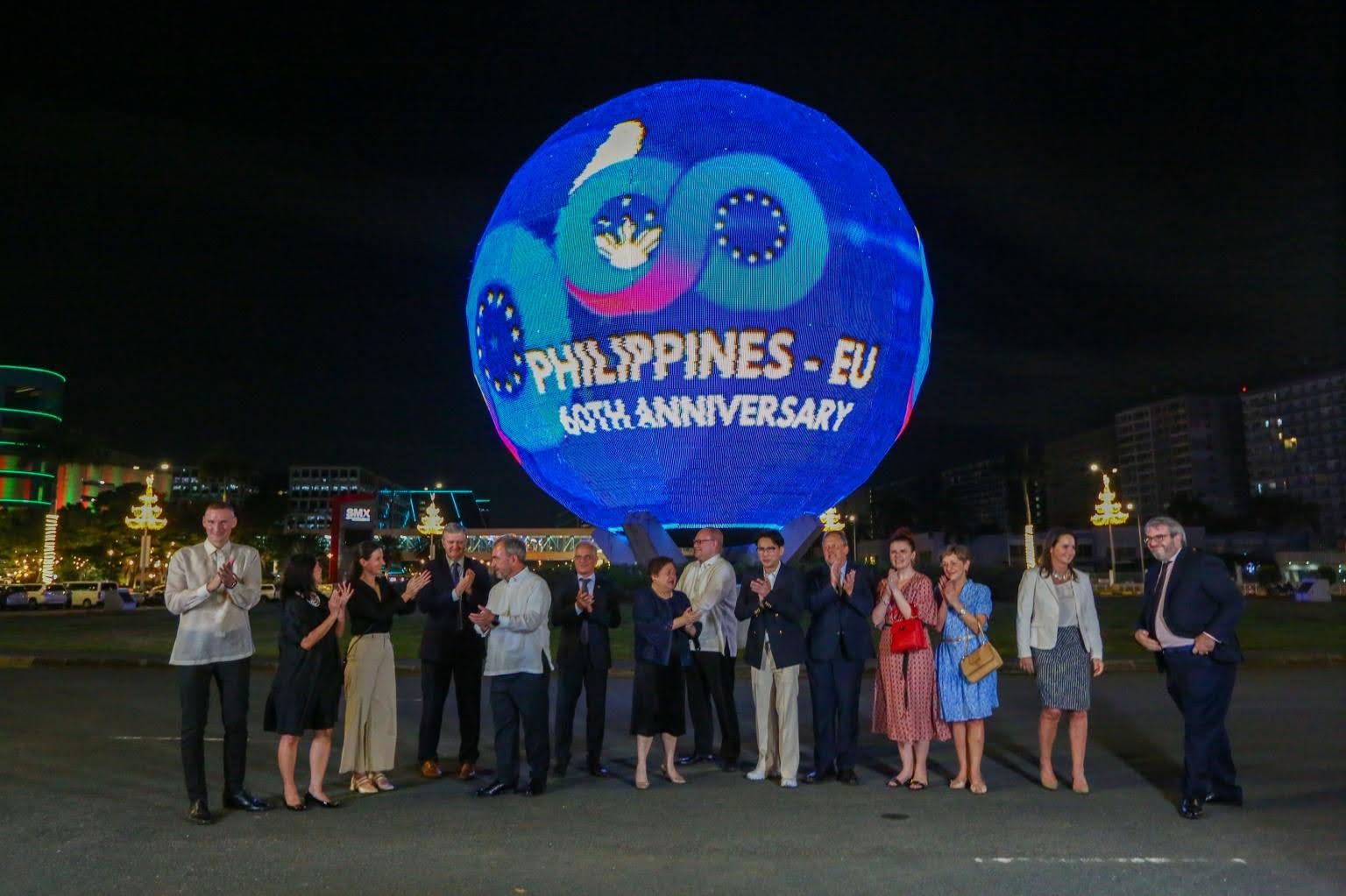MOA globe lights up to launch EU-Philippines 60th anniversary celebration
Photos by Badette M. Cunanan and Noel B. Pabalate
From Jan. 12 to 19, 2024, the iconic globe at SM Mall of Asia in Pasay City was illuminated with the logo commemorating the 60th anniversary of diplomatic ties between the European Union and the Philippines.
H. E. Ambassador Luc Véron, European Union Ambassador to the Philippines, and Foreign Affairs Undersecretary Theresa Lazaro, together with SM Supermalls' President Steven Tan, led the lighting ceremony to launch the yearlong celebration of the 60 Years Anniversary of the European Union – Philippines bilateral relations. Ambassadors of the European Union Member States' Embassies witnessed the ceremony.

The logo of the 60th anniversary of the bilateral ties symbolizes the enduring commitment to mutual understanding and collaborative problem solving, embodying the spirit of cooperation, solidarity, and harmonious synergy between two diverse regions. It is also a very good representation of how the relationship will continue to progress unabated.
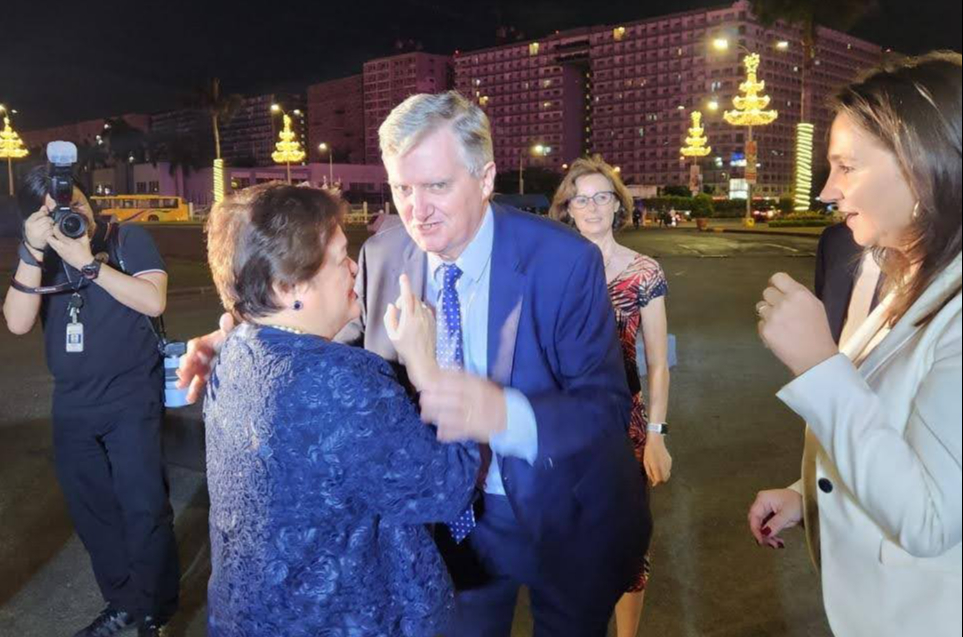
Ambassador Véron said, "2024 is a celebration of the values that the EU and the Philippines share – democracy, human rights, equality, the rule of law, and support for multilateralism and international law."
Throughout the year, various special events, including a multimedia exhibition, an inter-collegiate quiz (EU Whiz), a choral competition, and more, will be held to celebrate the 60th anniversary of the bilateral ties.
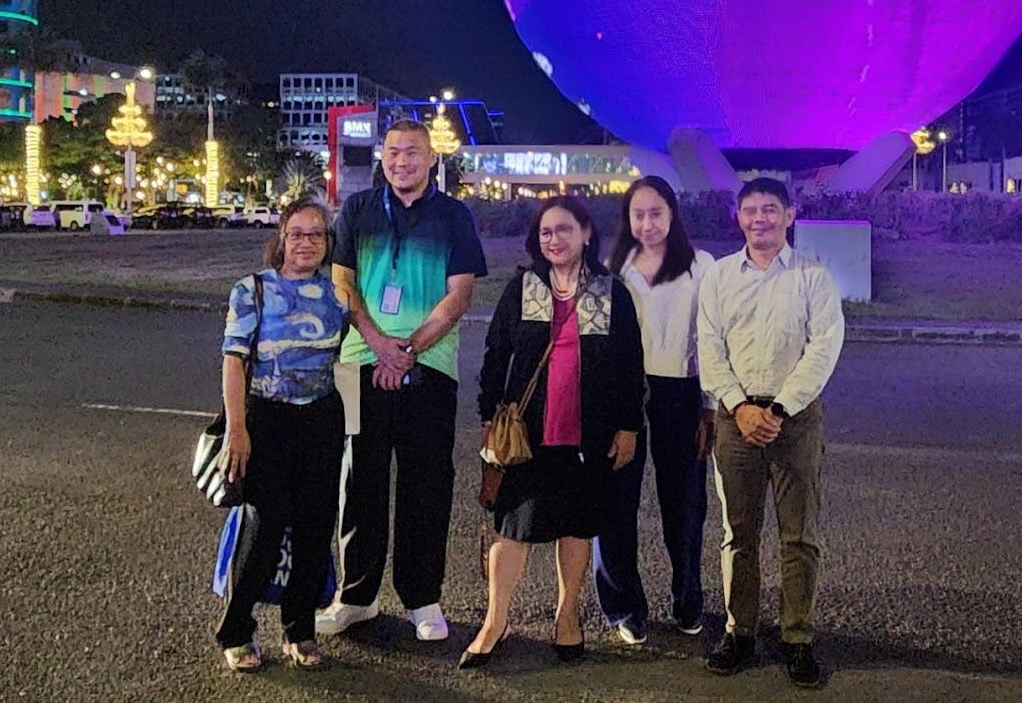
The European Union (EU) and the Philippines have maintained a longstanding relationship since the mid-20th century. The Philippines, having established de facto relations with 15 early European Union members in 1948, formally established ties with the European Community (the precursor of the European Union) on May 12, 1964. Philippine Ambassador Vicente I. Singian presented his letters of credence to the European Commission as the first Head of the Philippine Mission to the EU in 1964. The EU Delegation to the Philippines was officially opened on May 15, 1991.
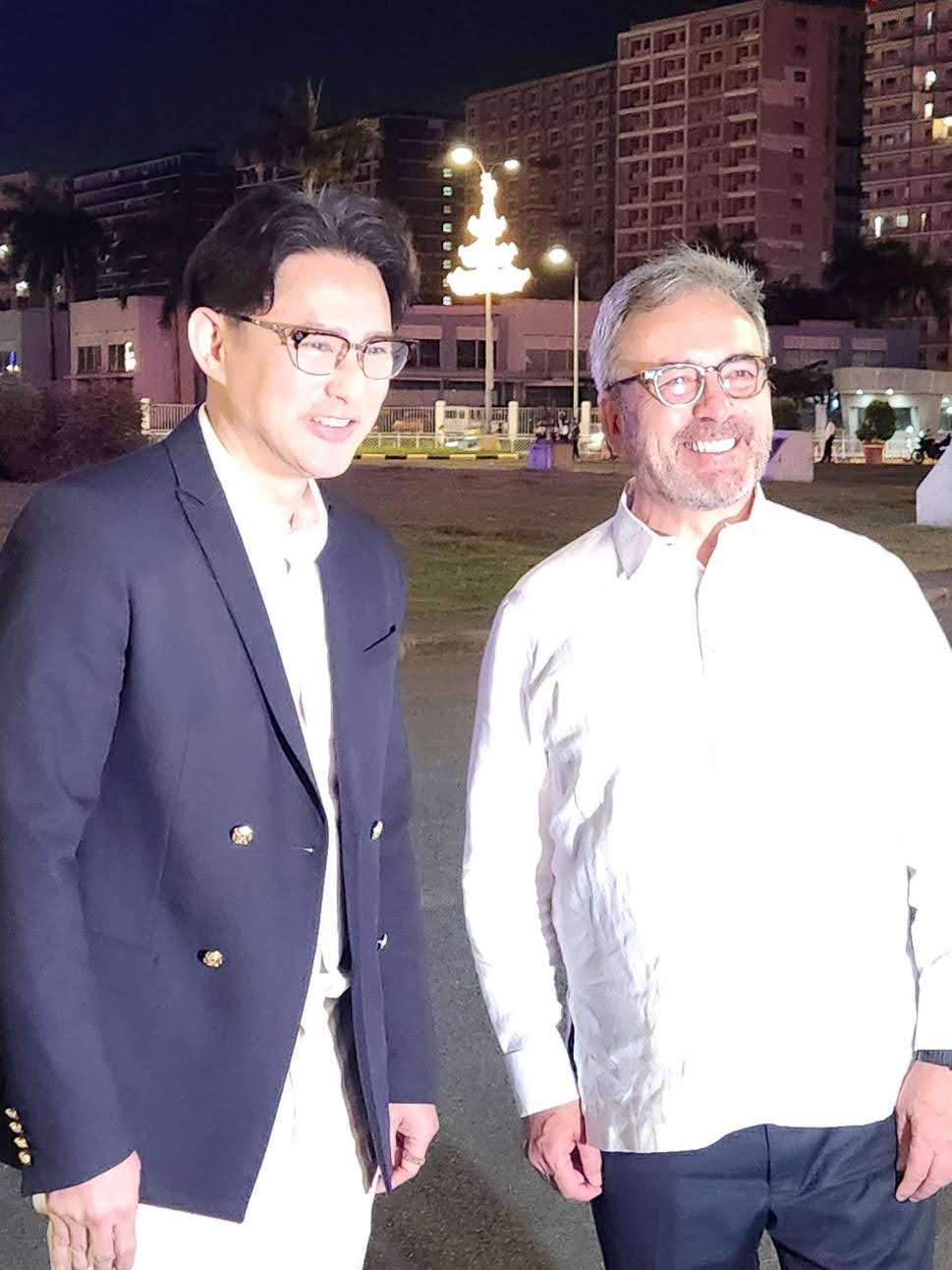
Over the years, the political and diplomatic relations of the EU and the Philippines have transitioned from being primarily focused on developmental goals to adopting a more collaborative and mutually beneficial approach.
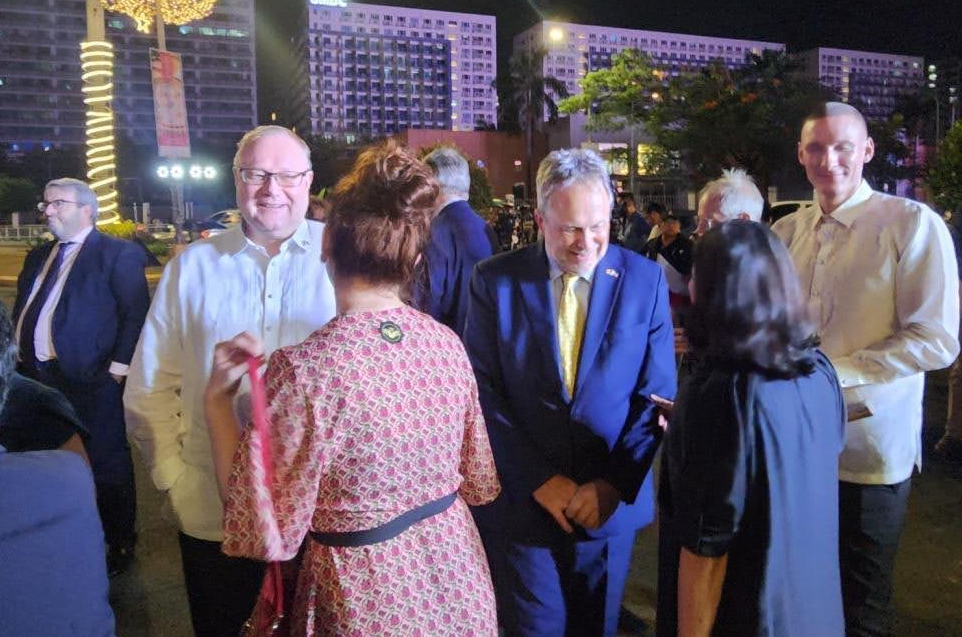
The conclusion of the Maastricht Treaty in 1992, which created the European Union, strengthened the EU's political roles in its dealings with ASEAN and the individual ASEAN Member States.
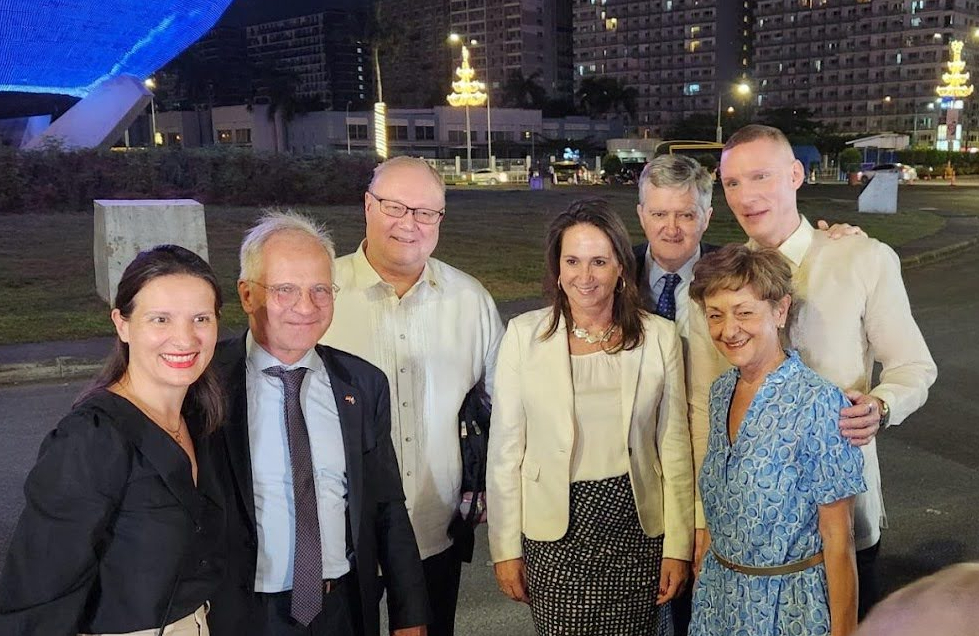
From 1991 to 1994, the Philippines served as the ASEAN country coordinator of the ASEAN-EU Dialogue relations. During this period, the dialogue partnership expanded its scope to include matters such as regional security, human rights, disarmament, non-proliferation, and drug control. The Philippines is once again the country coordinator for ASEAN-EU Dialogue relations from August 2021 until 2024.
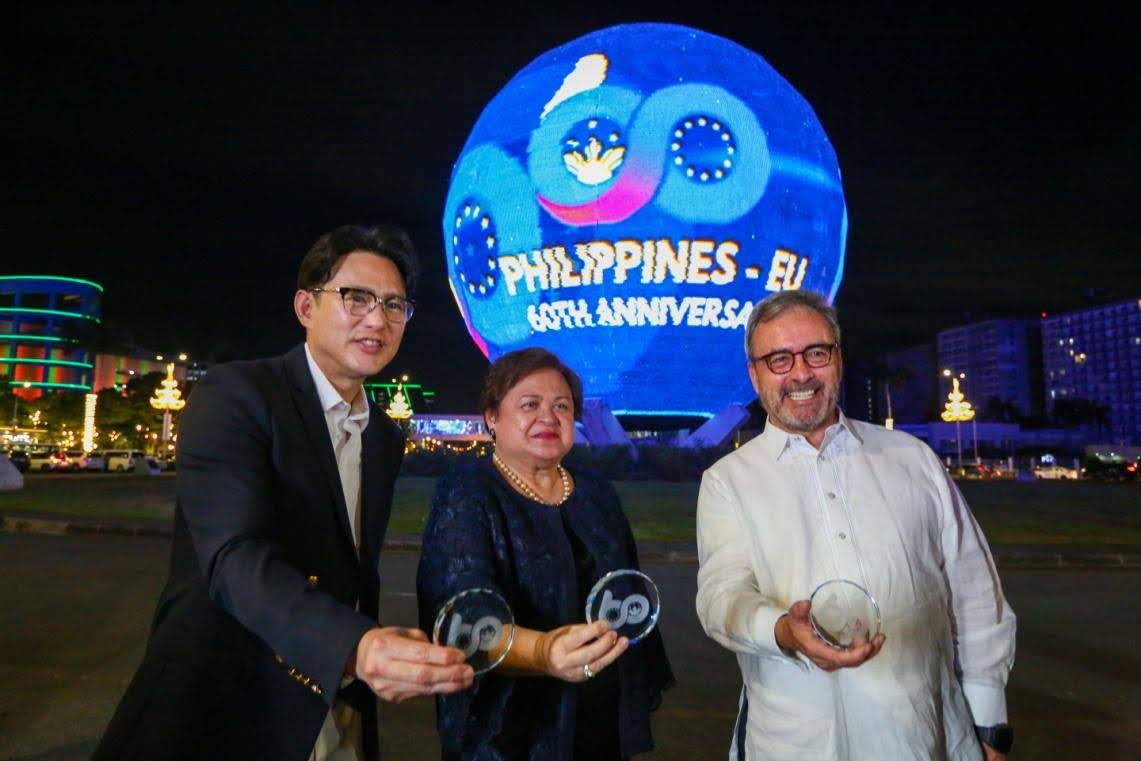
In 2018, the Partnership and Cooperation Agreement (PCA), a significant component of the EU-Philippines Framework Agreement on Partnership and Cooperation, was enacted. This agreement signaled the initiation of collaboration across various areas of mutual interest, encompassing politics, society, economics, counterterrorism, transnational crime prevention, human rights, justice, peace efforts, non-proliferation of weapons of mass destruction, trade, migration, maritime labour, employment, disaster risk management, and health.
